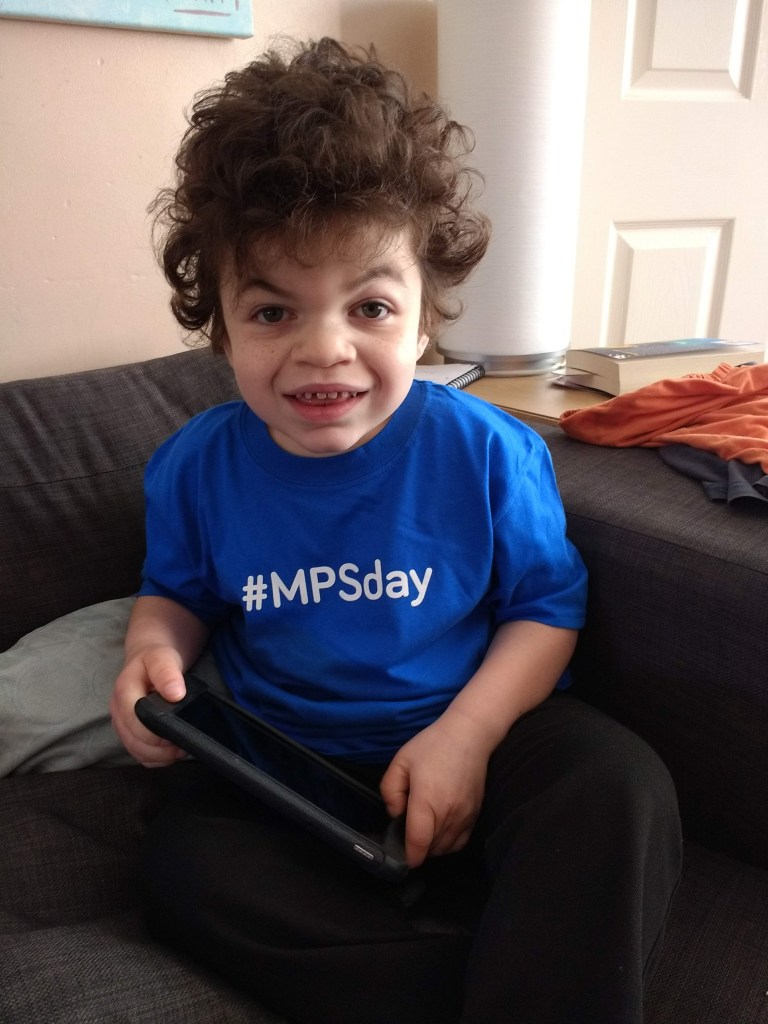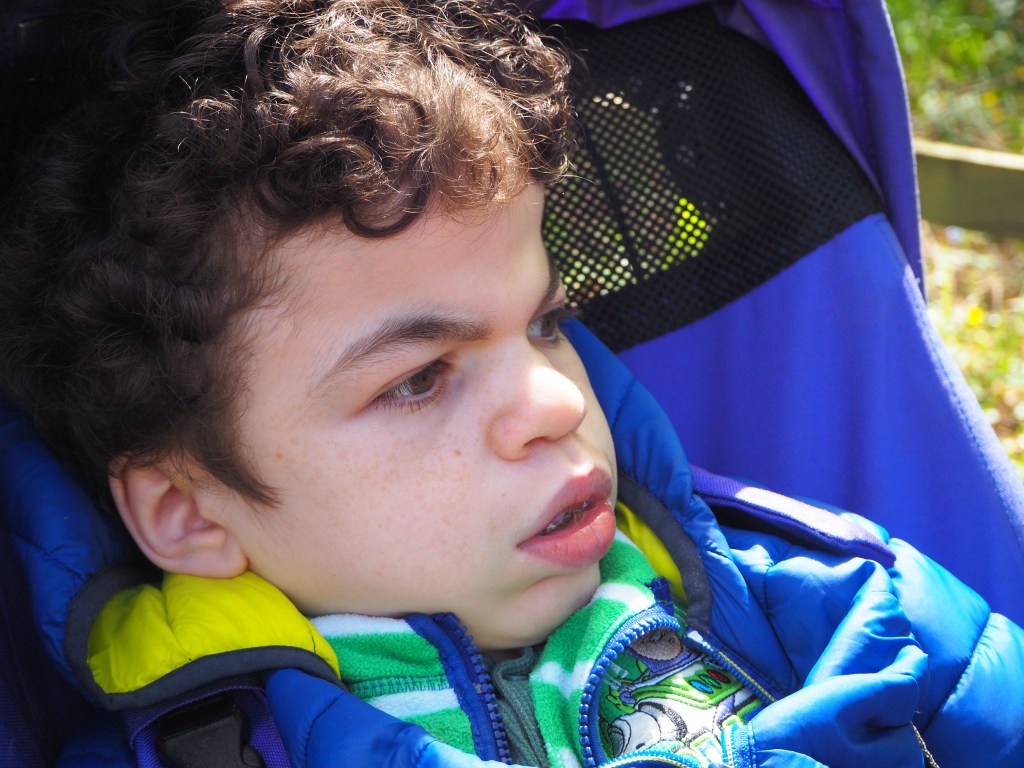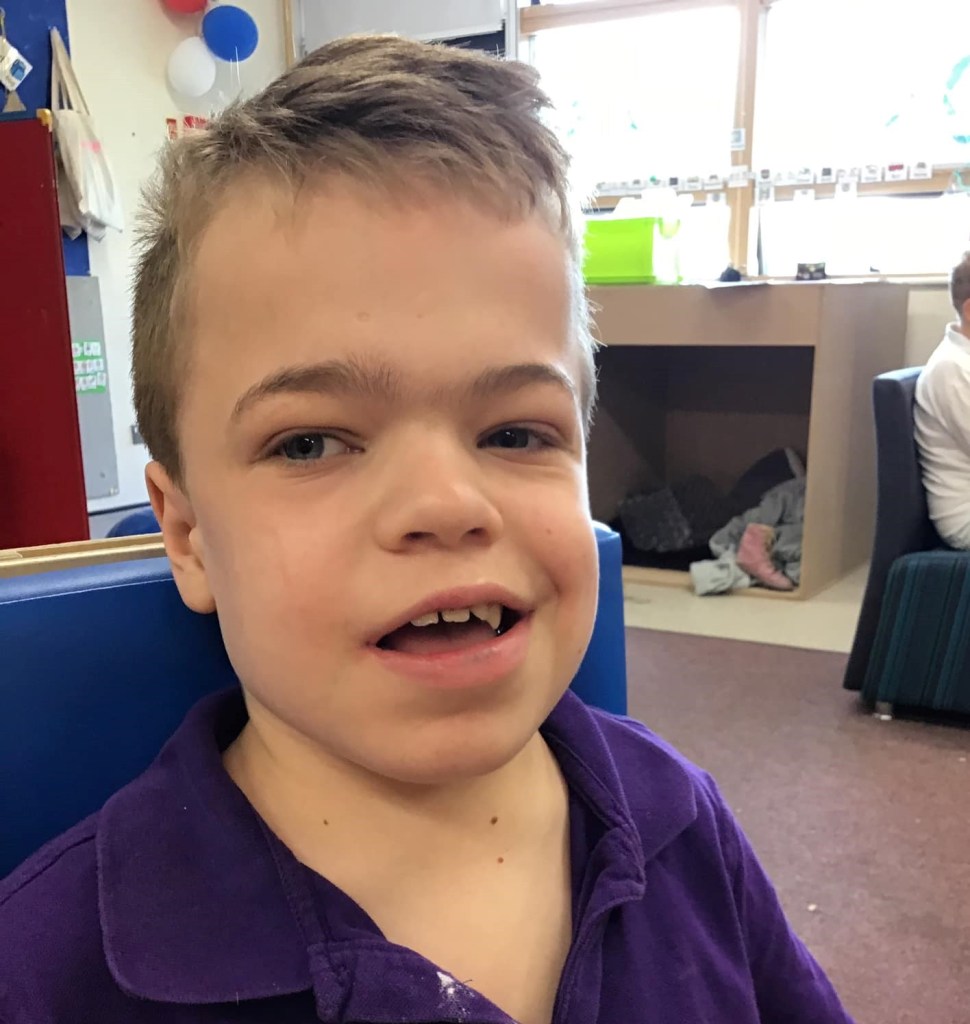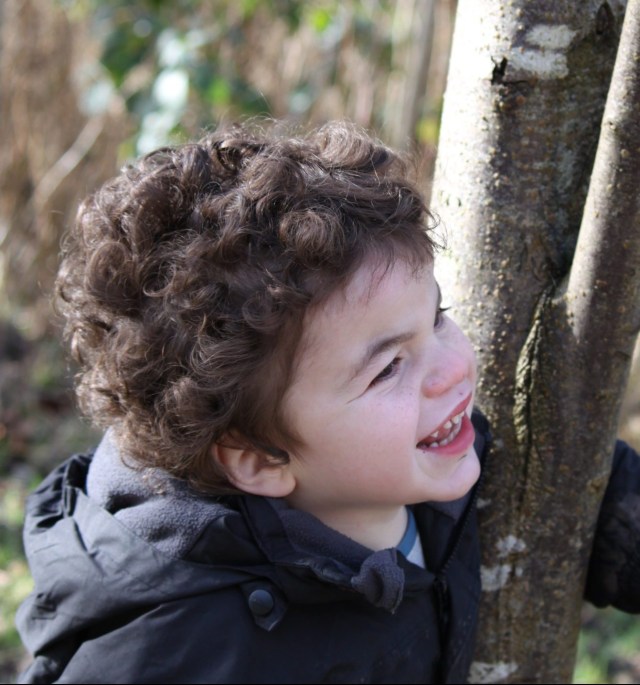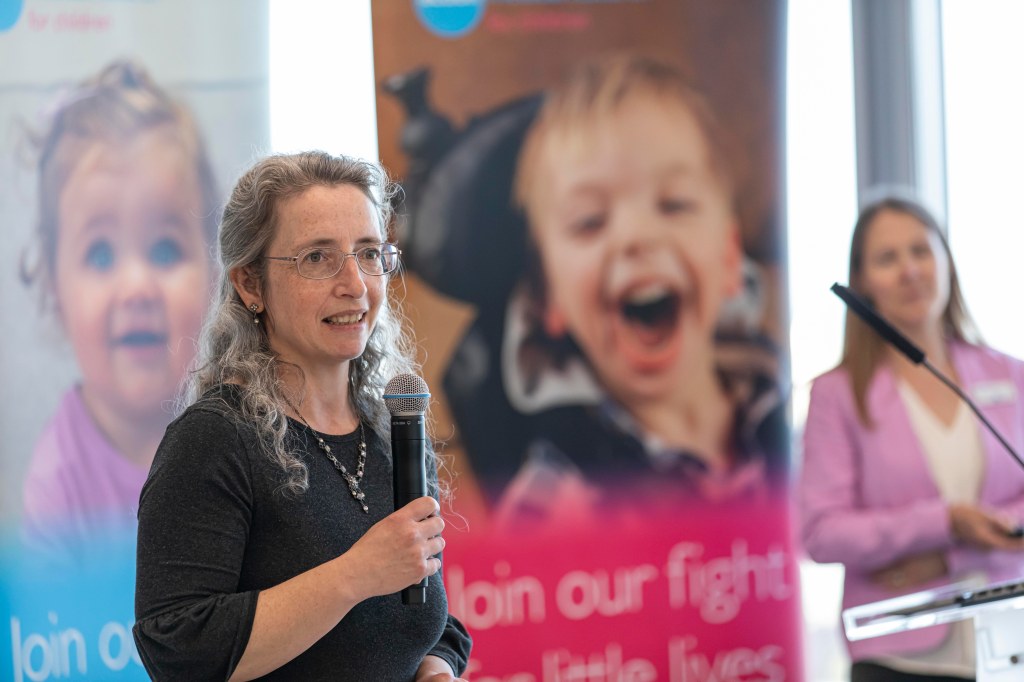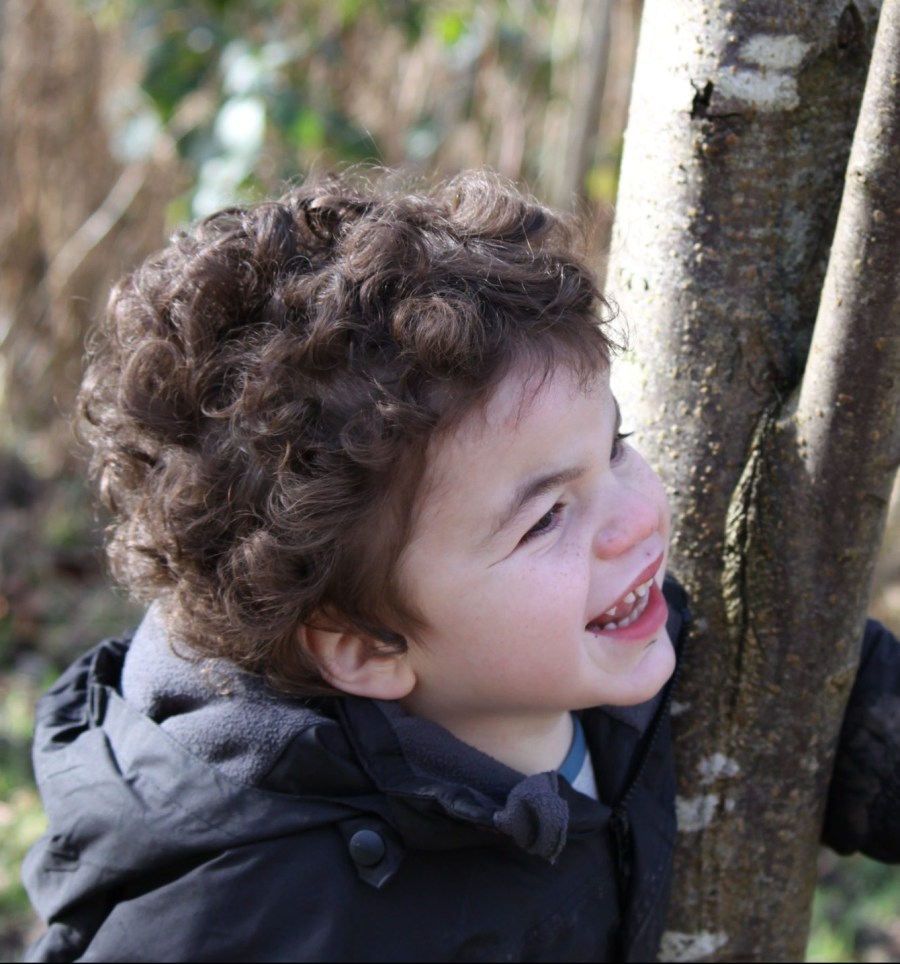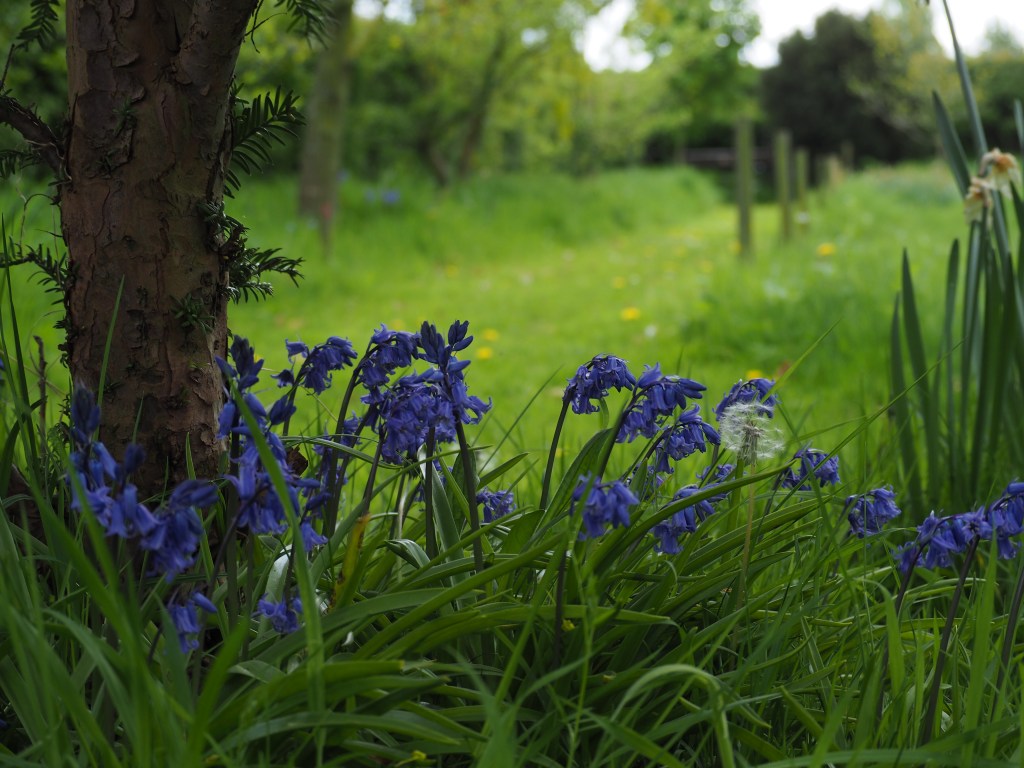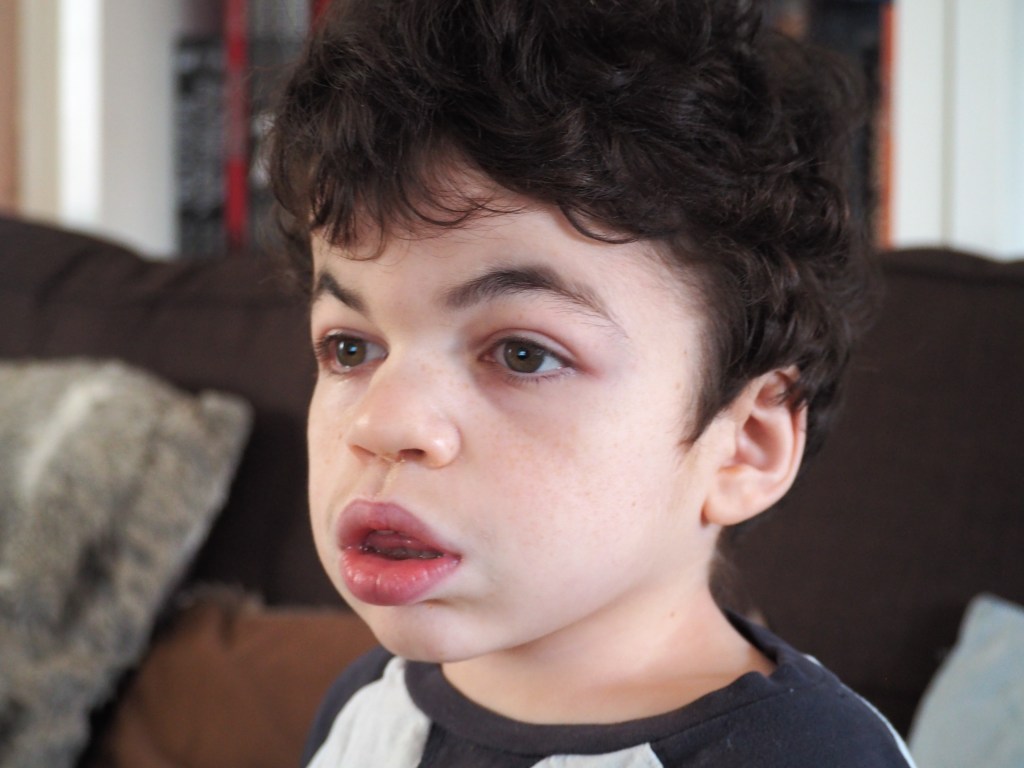We’ve been together a while, you and I. And like any relationship we’ve had our ups and downs. Well, quite a lot of downs if I’m being honest. I’ve written enough about your bad side for you to have got the message by now.
I suppose you could call it a toxic relationship. In a situation like this, the thing people are supposed to say is ‘You should just leave!’ But I can’t. We’re stuck together for now.
It’s our ten year anniversary today. Did you know? People celebrate all sorts of dates for their anniversary. It’s not going to be a wedding in our case. But is it the day I first heard your name? The day we were informally introduced? Because of course, you’ve been around much longer. From the day Pudding, my youngest son, was born. The day he was conceived even – when a faulty egg wrote that error into his DNA. So there you were in our lives – uninvited, unwanted, unknown. I’d like to have met you sooner, had the chance to end our relationship before it took too much hold. But so far, I don’t have the power to change history. So I count today as our anniversary. The day that we sat in the consultant’s office and it was made official that we were now an MPS family. The first of July 2015.
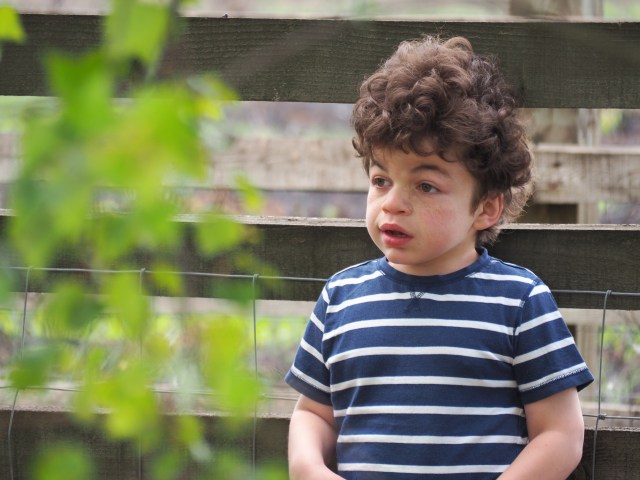
Like I said, I’ve written so much about you. About how much I hate you, because there is oh so much to hate. You’ve taken so much from us – the ability to lead a ‘normal’ family life and the prospect of watching our son grow up and leave home to name but two. My 13 year old should be upstairs playing computer games with his friends, demanding endless snacks to fuel his growing body. But he can’t play computer games, he doesn’t have friends, he can’t communicate what he wants and he hasn’t grown since he was six and a half. Instead he is on the sofa next to me complaining about something that I can’t help him with because as usual once I’ve tried all the things that I can help with, I’ve no idea what it is. Maybe he’s just complaining about you. I don’t blame him.
I have tried to be fair, of course. I’ve also written about what you have given us. It was you that sculpted those features of his – the high forehead, his adorable nose – every inch of this body that I adore. You gave him that mouth that was so ready to grin and shout hello to the world (before you stole his smile away). You gave him those eyes that look into my soul and his soft curled fingers that grab mine to use as his fiddle toy.
What I’ve not really thought about much before is what you’ve done to me. Oh, of course there was the tsunami of emotions – the anger, grief, anxiety, and so on. You’re probably fed up of me going on about them. But without you, I would not be the person I am today. Ten years of knowing you has changed me in so many ways (and it’s taken a year on a counselling course with lots of self-reflection to make me realise that!).
I have my faults, I know. But there are the good things too. You have taught me to parent differently, for both my boys. You have taught me patience, with myself and others. Oh gosh, it’s such a cliche – you have made me stronger. Resilient, even. I know now that I can face the worst and make it through. I share my pain so that others might feel less alone. These days I even dare to admit I can be brave when I need to be. Most of all, I have become comfortable with who I am – the whole me, flaws and all. Someone who is never going to break the mould or change the world, but who can sit with pain and take pleasure in simplicity.
I really quite like this version of me. So when it comes down to it, I guess what I’m trying to say is… thank you?

